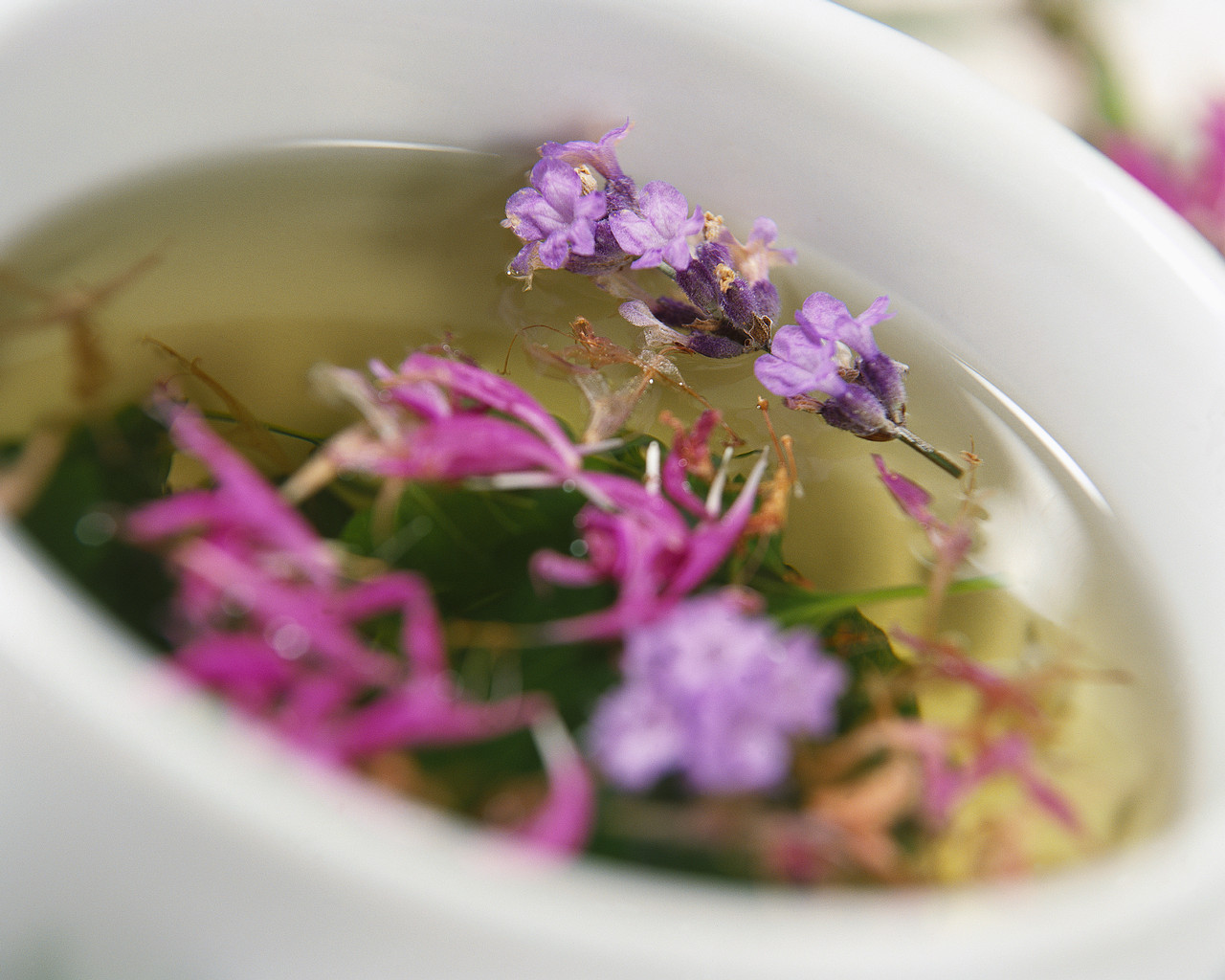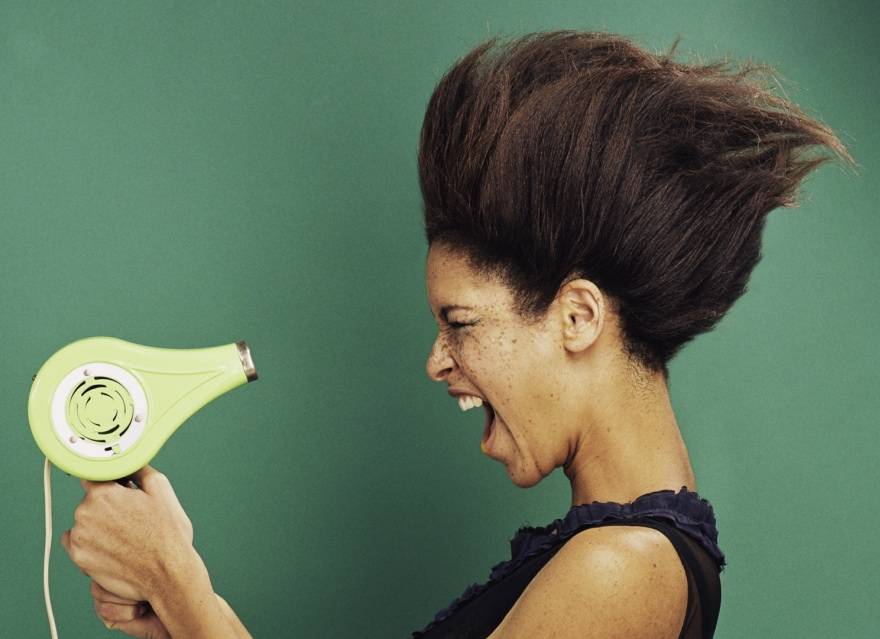Tea and all of its herbal qualities have been used for centuries due to its healing properties and antioxidants. There are scientific studies that have been conducted to confirm these findings. In fact, tea can be used in many ways besides being ingested; it’s also useful when applied to the hair. Here are a few reasons given by BlackGirlLongHair.com on why it’s a great idea to add tea rinses to your hair care routine.
“1. Amino acids – Stengthen Hair
Theanine is an amino acid that is unique to tea. A recent study showed that a purified extract of this amino acid could penetrate fully through to the hair cortex of bleach-damaged hair after a 10 minute soak at 30°C (Surface and Interface Analysis, pp 562-565, 2010). The study was designed to complement a previous investigation that related theanine to improving the mechanical strength of bleached hair. Even if your hair is not bleached, it is possible to accumulate damage to the cortex due to styling and combing as well as normal weathering. A tea rinse could be considered as a very mild protein treatment.
2. Polyphenols – Stimulate Growth
Green tea is currently being studied as a possible candidate for treating hair loss. It is preferred over black tea as the roasting of tea to create black tea oxidises the polyphenols. Tests so far have been performed on rats as well as human hair in a petri-dish (not on actual people) with similar results. The polyphenols are seen to stimulate re-growth of hair (J Natl Med Assoc, pp 1164-1169, 2005; Phytomedicine, pp 551-555, 2007). If you therefore have problem spots e.g at the temples, or are experiencing hair loss, then a tea rinse may be worth a trial.
3. Caffeine – Stimulate Growth
Did you know your hair follicles can take up several drugs and caffeine is one of them? Studies done once more on human hair in a petri-dish showed that the hair follicles do rapidly take up caffeine and this stimulates hair regrowth for hair previously showing signs of hair loss. (International Journal of Dermatology, pg 27-35, 2007).
4. pH
The pH of tea actually depends on how it is brewed as well as the water used to brew the tea. In general, figures of between pH 5 and 7 are generally quoted for both green and black tea. For hair, this means that the final tea rinse will be just slightly acidic to neutral. This pH tends not to irritate the skin or disturb the hair cuticle. Naturally, you should not add a squeeze of lemon or orange to fragrance the tea unless you do actually want a more acidic brew.” –BlackGirlLongHair.com
What kind of tea do you like to use for your tea rinse? How often do you apply your tea rinse and have you seen results once adding this to your hair routine?




